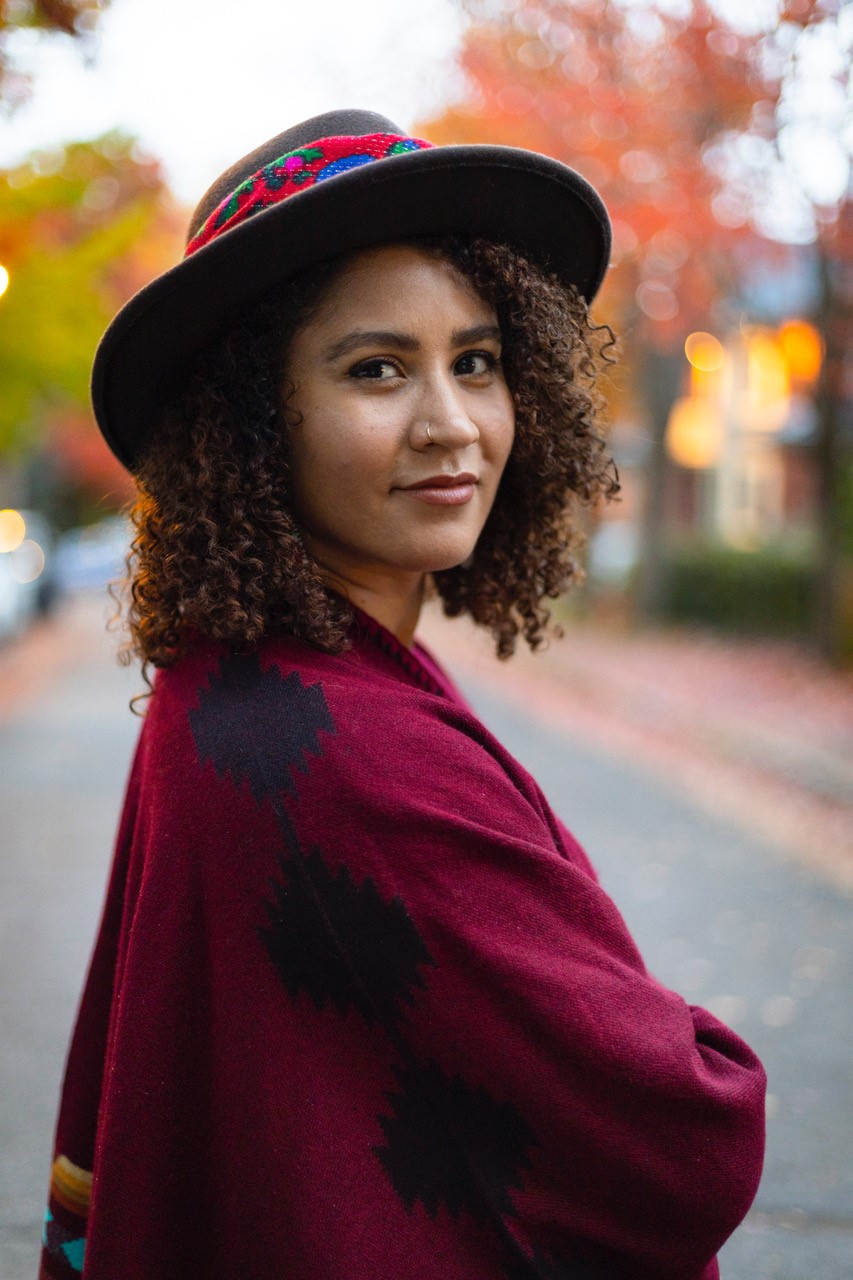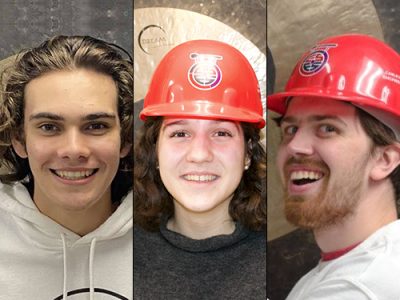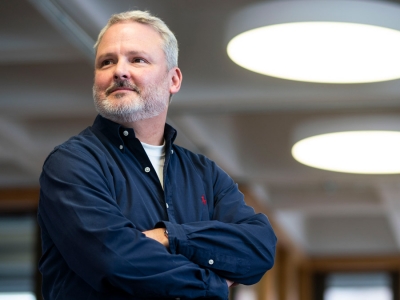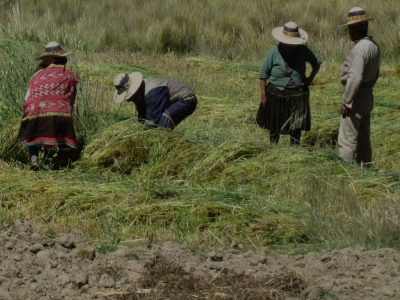By Joy SpearChief-Morris, an Indigenous Black Canadian writer, advocate, and retired Team Canada athlete who will be graduating in June from Carleton’s Master of Journalism program.
I sat in the lobby of the Delta Hotel in Quebec City waiting for my interviewees to arrive. They were two sisters, residential school survivors in the city for the Papal Visit preparing to be part of a meeting with Pope Francis the next day.
The sisters had agreed to sit down with me and talk about their experience and how they felt about meeting the Pope. I hadn’t met them before and had only spoken with one of the sisters’ daughters over text.
As I waited, I went over my questions in my notes. I tried to remember the fundamentals of the trauma-informed journalism lecture from our professor, Matthew Pearson, during that past year’s Master of Journalism classes at Carleton University.
The two sisters arrived with another one of their daughters and I could immediately feel their apprehension to me. We shook hands and I introduced myself and suggested a quiet corner in the lobby where we could sit and talk. Their daughter told me they had only 20 minutes for an interview before they had to leave for some dinner plans.
We sat down and I could feel how nervous I was. I explained to them again who I was, what I was writing and why I was recording and taking notes. I told them they could share as much or as little as they wanted and that we could stop or take breaks whenever if they needed to.
Then I told them that my family were also residential school survivors. My mother and grandmother had attended residential schools in Alberta, and I could understand how difficult this week might be for them.
Slowly, I felt the energy in the room shift. Some of the animosity lifted and the conversation became more natural. I tried to keep the interview as conversational as I could and only interjected where it felt needed. We talked, they shared their stories, I listened and we laughed.
After about 40 minutes we ended the interview, and I hugged each woman goodbye. I can’t remember whether we had answered all the questions I had come prepared to ask, but it didn’t seem to matter. The interview had felt fulling.
A few days later while I was writing the story, I learned from their daughter that leading up to our interview that day in Quebec City had been a difficult day for them. They had felt badgered and overwhelmed by the media, felt pressured to give interviews and had been very hesitant to go through with the interview with me.
I felt a responsibility to represent these sisters’ story truthfully and with the care it deserved. I thought about how I’d want my family’s story to be told – my grandmother’s – and it made writing their story one of the most personal experiences I had that summer, even though I was nowhere in the story itself.
When the story published a day later, I nervously forwarded it to my interviewees’ daughter. She soon texted me back thanking me for honouring her mother and her aunt’s experiences.
I still have that text message saved on my phone. Her message solidified for me why I chose this industry, what it meant for me to be a storyteller and who I am writing stories for. That story changed how I approached reporting on Indigenous stories from then on.
There is a long history of colonization and theft of Indigenous stories, culture and lives that continues to impact how many Indigenous people view the media today. There is a lack of trust between some communities and media that cannot simply be fixed by wearing an orange shirt once a year.
Indigenous stories are part of who we are, from our creation to how we interact with all the beings we share this world with. When I report on Indigenous people and communities, I feel the responsibility to respect the relationship storytelling has for Indigenous people. I strive to be part of sharing in the process of storytelling instead of taking it for my own or for someone else.
Storytelling is about relationships. Each person I interview places their trust in me to tell their story truthfully and honestly. In the end, I do my best to earn and respect those relationships, because it’s not my story that’s going out into the world, but theirs.
About the Author
 Joy SpearChief-Morris is an Indigenous Black Canadian writer, advocate, and retired Team Canada athlete. A journalist and storyteller, Joy specializes in news and long-form print writing as well as audio storytelling. From Lethbridge, Alberta, she is a proud member of the Kainai Blood tribe, who reports on the toughest Indigenous issues in our country and telling Indigenous stories through Indigenous voices. Joy has pieces published in The Globe and Mail, The Narwhal, The Walrus and CBC.
Joy SpearChief-Morris is an Indigenous Black Canadian writer, advocate, and retired Team Canada athlete. A journalist and storyteller, Joy specializes in news and long-form print writing as well as audio storytelling. From Lethbridge, Alberta, she is a proud member of the Kainai Blood tribe, who reports on the toughest Indigenous issues in our country and telling Indigenous stories through Indigenous voices. Joy has pieces published in The Globe and Mail, The Narwhal, The Walrus and CBC.
Wednesday, May 31, 2023 in Faculty of Public and Global Affairs, Indigenous, IWD 2024
Share: Twitter, Facebook



